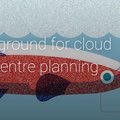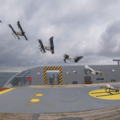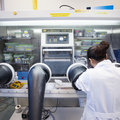News & Calendar
Click the following webcal to add the feed to your own calendar or copy to subscribe manually.
More about webcal.
May
13
Thesis defence
Doctoral defence B.J. Kaaks
16
TU Delft AI Lunch: AI4Freight
16
Climate Action and Delft Energy Lecture: "How Wall-E contributes to Europe’s autonomy"
21
e-Refinery National Symposium on Electrochemical Conversion
21
"But What Should We Do? The Ethics of Climate Action", with John Broome
23
Thesis defence
Doctoral defence S.S. Subramanian
28
Thesis defence






